The Government issued Decree No. 122/2024/ND-CP amending and supplementing a number of articles of Decree No. 14/2018/ND-CP dated January 23, 2018 of the Government detailing border trade activities. It clearly states that goods in cross-border trading and exchange activities of traders and border residents must fully meet standards, quality, regulations on traceability and other conditions according to the laws of the importing country.
Dien Bien and 6 Northern Lao provinces strengthen cooperation to promote border trade |
Amending regulations on border trade activities, towards transparent and sustainable import and export |
Decree No. 122/2024/ND-CP amends and supplements Clause 2, Article 4 of Decree No. 14/2018/ND-CP regulating payment methods in border trade activities.
Decree No. 122/2024/ND-CP still stipulates 3 payment methods: Payment via bank; clearing payment between exported goods and services and imported goods and services (the difference paid via bank); and payment in cash. However, according to the new regulations, the cash payment method is only applied to the purchase and sale of goods by border residents.
At the same time, Decree No. 122/2024/ND-CP supplements Article 4a regulating commodity standards in border trade activities.
Accordingly, goods in cross-border trading and exchange activities of traders and border residents must fully meet standards, quality, regulations on traceability and other conditions according to the laws of the importing country.
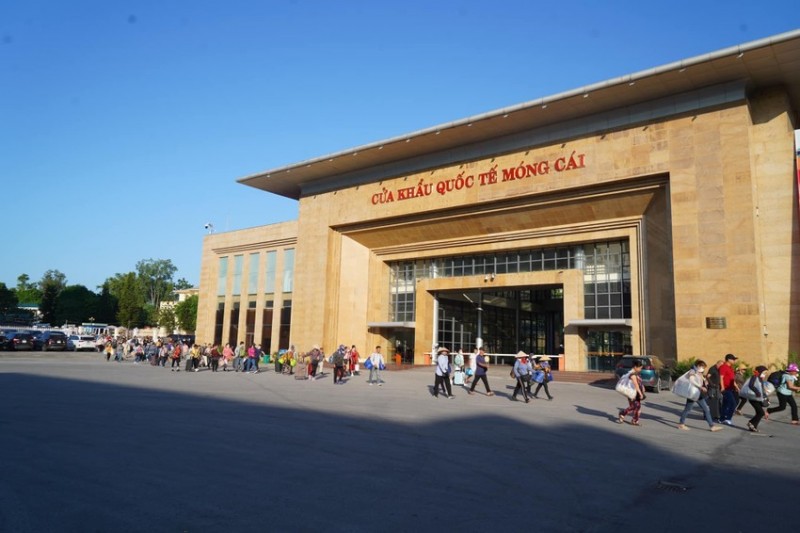 |
| Mong Cai border gate, Quang Ninh province. |
Decree No. 122/2024/ND-CP also amends and supplements Clause 1 and Clause 2, Article 16 of Decree 14/2018/ND-CP regulating the subjects of buying, selling and exchanging goods at border markets as follows:
Traders and citizens of Vietnamese nationality who have registered residence in border areas.
Traders and citizens of countries sharing a common border, having passports or documents that can replace passports and visas, except for cases of visa exemption, still valid according to international treaties to which the Socialist Republic of Vietnam is a member and the Law on Entry, Exit, Transit and Residence of Foreigners in Vietnam No. 47/2014/QH13, which has been amended and supplemented by a number of articles under Law No. 51/2019/QH14 and Law No. 23/2023/QH15; traders, business households and individuals with business registration in countries sharing a common border who have been granted a Business Registration Certificate in accordance with the laws of countries sharing a common border.
In addition, Decree No. 122/2024/ND-CP also amends and supplements Clause 1 and Clause 3 of Article 21 of Decree 14/2018/ND-CP regulating the entry and exit of people and vehicles of Vietnam.
Specifically, the cargo owner or the person authorized by the cargo owner, the vehicle owner, the driver of the cargo vehicle, the service staff on the vehicle, ship, boat who are Vietnamese citizens shall comply with the provisions of the international treaties to which the Socialist Republic of Vietnam is a member and the Law on Exit and Entry of Vietnamese Citizens No. 49/2019/QH14, which has been amended and supplemented by a number of articles under Law No. 23/2023/QH15.
In addition to the above-mentioned documents, vehicle drivers must also have a vehicle operating license appropriate to the type of vehicle they are driving.”
Vehicles, drivers of cargo transport vehicles and business entities of Vietnam are allowed to pass through border gates and border openings prescribed in this Decree to enter or exit border markets of countries sharing a common border, and must be subject to inspection and control by specialized management forces at the border gates and border openings.
From January 1, 2029, when buying and selling goods across the border, border residents must be present to complete import and export procedures.
Decree Decree No. 122/2024/ND-CP takes effect from December 1, 2024.
In 2029, the Ministry of Finance shall report to the Government for consideration and decision on adjusting the number of tax exemptions and the amount of tax exemption for imported goods in the form of buying, selling and exchanging goods by border residents.
From January 1, 2029, when conducting cross-border trading and exchange of goods, border residents must be present to complete import and export procedures.
From January 1, 2030, goods can only be processed for import and export at international border gates; main border gates (bilateral border gates); secondary border gates; customs clearance routes, specialized roads for transporting goods at international border gates, main border gates (bilateral border gates); border openings that have completed the procedures for opening and upgrading border gates and border openings according to current legal regulations and have reached bilateral agreements on allowing the export, import and exchange of goods.
Source: https://thoidai.com.vn/hang-hoa-mua-ban-qua-bien-gioi-cua-thuong-nhan-cu-dan-phai-dap-ung-tieu-chuan-nuoc-nhap-khau-205869.html








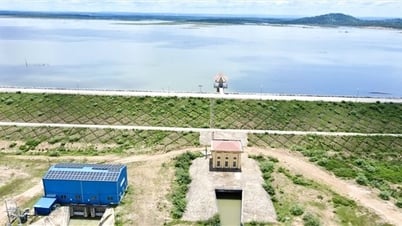








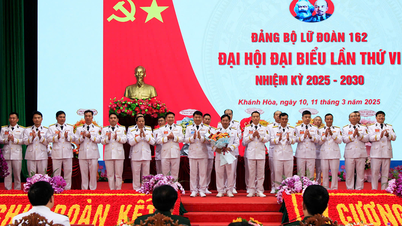
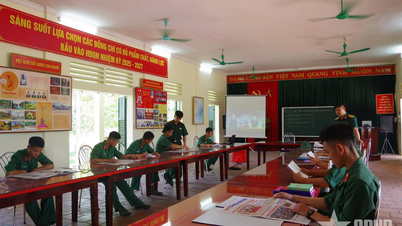
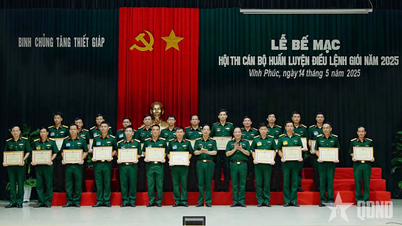
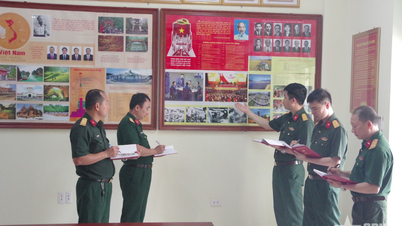
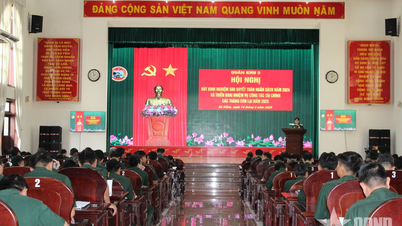




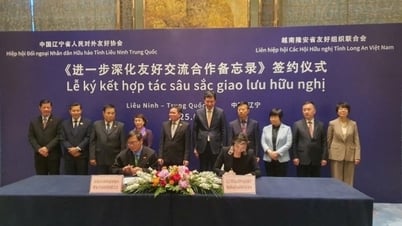
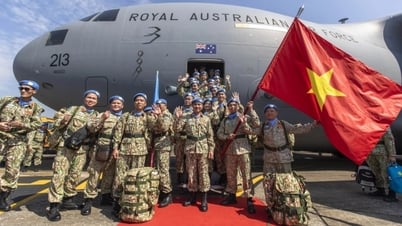
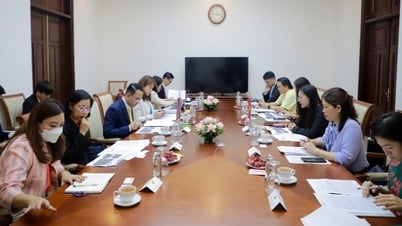

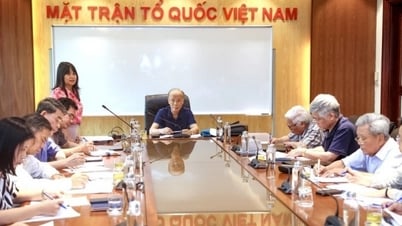



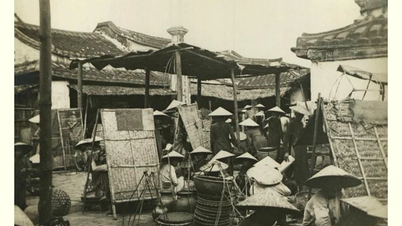











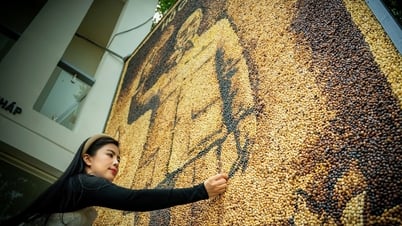
















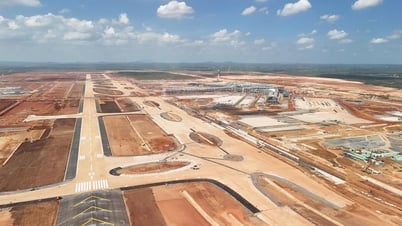
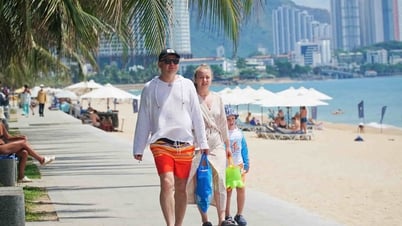



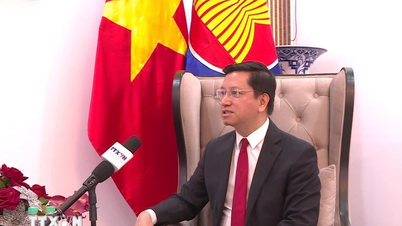

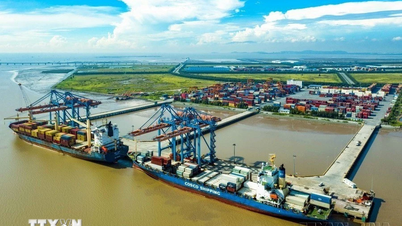
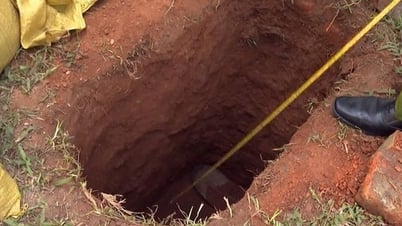


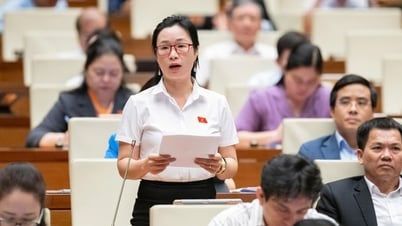
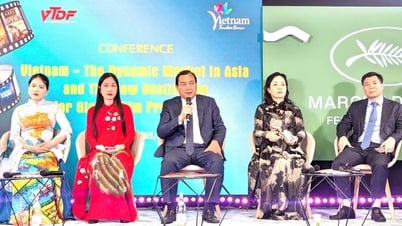


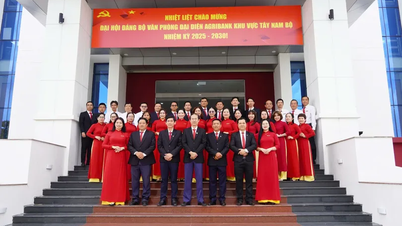

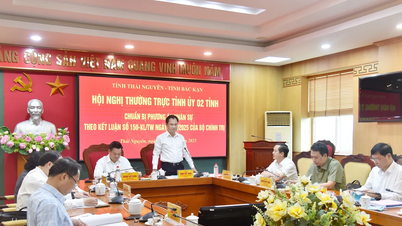





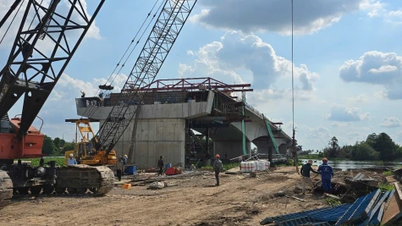
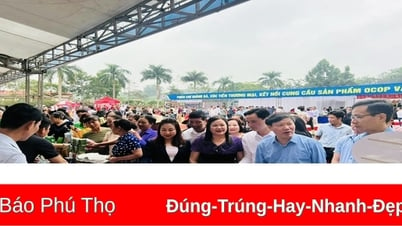









Comment (0)